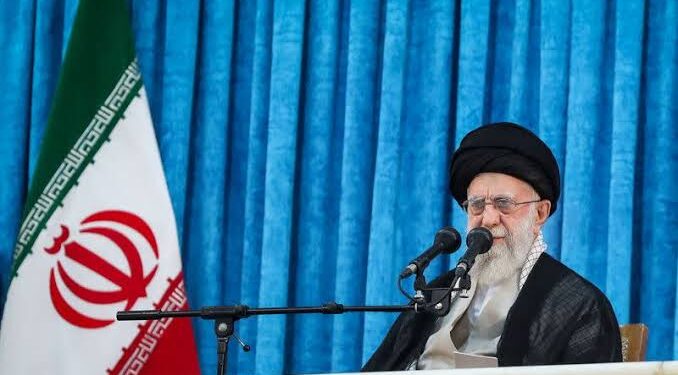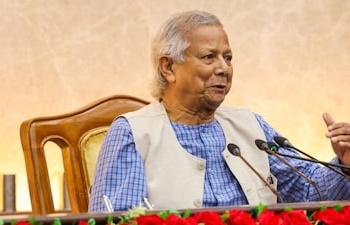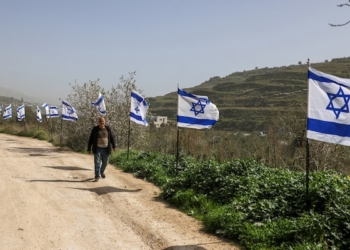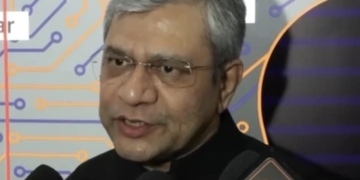Iran’s Supreme Leader Ayatollah Ali Khamenei, now 86, is facing a rapidly deteriorating internal power structure amid intensifying Israeli airstrikes that have killed or sidelined several members of his inner circle of military and intelligence advisers.
With some of his most trusted aides gone, Khamenei is increasingly isolated during one of Iran’s most critical geopolitical moments.
According to a Reuters report, citing five sources with direct knowledge of Tehran’s elite power structure, the vacuum created by these targeted assassinations is deeply destabilizing. The strikes, aimed at halting Iran’s nuclear ambitions, have killed senior commanders such as:
-
Hossein Salami, Commander of the Islamic Revolutionary Guard Corps (IRGC)
-
Amir Ali Hajizadeh, Head of Iran’s missile program
-
Mohammad Kazemi, Iran’s top intelligence chief
These individuals were reportedly among the 15–20 top figures in Khamenei’s core strategic advisory team. Their loss has crippled Iran’s military coordination and weakened internal stability.
In a recent interview with ABC News, Israeli Prime Minister Benjamin Netanyahu controversially remarked that eliminating Khamenei would not escalate the war, but instead “end it.” The remark has sparked global concern over the potential consequences of Israel’s expanding campaign.
Meanwhile, Khamenei’s son, Mojtaba Khamenei, long considered a potential successor, is reportedly rising in influence, though his ascent remains unofficial. Analysts fear that Iran’s decision-making is becoming more opaque, with fewer experienced voices left to check impulsive moves.
“The risk of miscalculation to Iran on issues of defence and internal stability is extremely dangerous,” said one insider quoted by Reuters.
With the Israel-Iran conflict intensifying and global powers watching closely, the leadership vacuum in Tehran could have severe consequences, not only for the region but for international security as well.





























